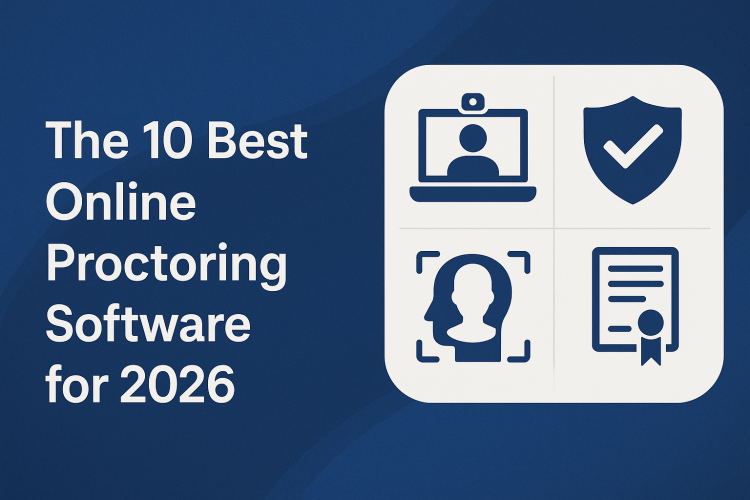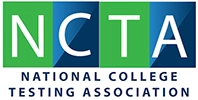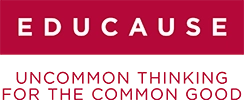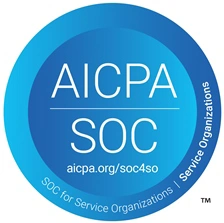Understanding the Psychology of Academic Dishonesty
Before diving into detection methods, it's important to understand why students cheat in the first place. While the desire for better grades seems obvious, the psychology behind academic dishonesty is more complex than many realize.
Pressure and Performance Anxiety
Studies show that test anxiety significantly increases the likelihood of academic dishonesty. According to recent research by Eshet et al. (2024), students experiencing high levels of stress and anxiety during exams are more prone to seeking unauthorized assistance. This is particularly true in high-stakes testing environments where performance directly impacts academic standing or career prospects.
Perceived Opportunity and Risk Assessment
Students often conduct a subconscious risk-benefit analysis before deciding to cheat. When the perceived risk of getting caught seems low and the potential rewards high, the temptation increases. A 2023 study published in the International Journal for Educational Integrity found that despite strong moral values, students may still engage in cheating behaviors when they believe detection is unlikely (Kasler et al., 2023).
Normalized Misconduct
When students believe their peers are cheating without consequences, academic dishonesty becomes normalized. Research by O'Rourke et al. (2010) confirmed that knowledge of others' misconduct significantly increases the likelihood of cheating, with students often justifying their actions by pointing to widespread cheating among classmates.
Common Cheating Methods in Online Exams
Understanding how students attempt to cheat is crucial for implementing effective countermeasures:
Secondary Device Usage
The most prevalent cheating method involves using smartphones, tablets, or secondary computers to search for answers while taking an exam. These devices remain outside the primary webcam's field of view, making detection challenging with standard proctoring systems.
Unauthorized Collaboration
Students may communicate with others during exams through messaging apps, video calls, or even in-person assistance from someone outside the camera frame. This collaboration violates individual assessment principles but can be difficult to detect.
Content Sharing and Test Banks
Exam questions frequently appear on websites like Chegg, Course Hero, and Reddit, where students share and access test content. According to research from one university, up to 56% of their exam content was found leaked on these platforms, compromising test integrity.
AI and Technological Assistance
The rise of sophisticated AI tools like ChatGPT presents new challenges, as students can quickly generate answers to complex questions or solve problems without demonstrating their own understanding.
Comprehensive Cheating Detection Strategies
At Proctor360, we've developed multi-layered approaches to detect and prevent academic dishonesty:
360° Environmental Monitoring with Patented Technology
Our revolutionary 360 Total View™ proctoring goes beyond traditional webcam monitoring by providing complete environmental visibility. This patented headset technology captures the entire testing environment, eliminating blind spots where secondary devices might be hidden.
Unlike standard proctoring that only captures what's directly in front of the webcam, our 360-degree solution ensures that no area around the test-taker remains unmonitored, dramatically reducing opportunities for cheating.
Multi-Camera Proctoring
For institutions seeking enhanced security without specialized hardware, our Multi-cam Live Proctoring solution leverages the student's mobile device as a secondary camera, creating a dual-view monitoring system that significantly expands visual coverage of the testing environment.
Advanced AI Detection Systems
Our AI-powered proctoring combines sophisticated algorithms with human oversight to identify suspicious behaviors that might indicate cheating:
- Irregular Eye Movement Detection: The system flags patterns of eye movement consistent with reading from unauthorized sources.
- Voice and Audio Analysis: Smart speech detection identifies when students are communicating with others or using voice assistants like Siri without flagging normal environmental sounds.
- Behavior Pattern Recognition: Machine learning algorithms detect unusual patterns such as frequent looking away from the screen or suspicious hand movements.
Browser Lockdown and Screen Recording
Our comprehensive proctoring platform includes browser lockdown functionality that:
- Prevents access to unauthorized websites and resources
- Disables functions like copying, printing, and screen capture
- Records all on-screen activity during the exam
- Detects attempts to open additional applications or browser tabs
Secondary Device Detection
One of the most challenging aspects of online proctoring is detecting mobile device usage. Our systems employ specialized technology to identify when a student is accessing a secondary device during an exam, even if that device isn't visible on camera.
Best Practices for Implementing Online Exam Security
Design Cheat-Resistant Assessments
The first line of defense against academic dishonesty is thoughtful assessment design:
- Randomized Question Banks: Create large question pools from which each student receives a randomized subset, making it difficult to share answers.
- Time-Limited Assessments: Implement reasonable time constraints that allow prepared students to complete the exam but limit opportunities for extensive searching or collaboration.
- Question Sequencing: Prevent students from returning to previous questions, reducing opportunities to research specific answers.
- Open-Book Alternative Approaches: Design higher-order thinking questions that require application, analysis, and evaluation rather than simple recall.
Implement Identity Verification
Ensure the right person is taking the exam through robust authentication:
- Photo ID verification matched against student records
- Biometric verification where appropriate
- Consistent identity checks throughout longer exams
Communicate Clear Academic Integrity Policies
Research shows that clear communication about academic integrity expectations can significantly reduce cheating attempts:
- Explicitly outline what constitutes cheating in the online environment
- Detail the technological measures in place to detect dishonesty
- Explain the consequences of academic misconduct
- Reinforce positive messages about the value of learning and academic honesty
The Future of Online Proctoring: Balancing Security and Student Experience
As educational technology evolves, so must proctoring solutions. At Proctor360, we're committed to developing approaches that maintain academic integrity while providing a positive student experience:
Reducing Test Anxiety
Since anxiety is a significant contributor to cheating behavior, we recommend:
- Providing practice tests in the proctored environment to familiarize students with the technology
- Offering clear instructions and expectations before the exam
- Ensuring technical support is readily available
- Creating reasonable accommodations for students with documented needs
Emphasizing Educational Value
When students understand the purpose and value of assessments in their learning journey, they're less likely to cheat. Instructors should:
- Connect assessment content to real-world applications
- Explain how exam material builds foundational knowledge for future courses
- Consider authentic assessment approaches that demonstrate practical skills
FAQ: Online Exam Proctoring
How effective is AI in detecting cheating compared to human proctors?
AI proctoring systems excel at consistently monitoring multiple variables simultaneously, detecting subtle behavioral patterns that might indicate cheating. However, human proctors bring critical judgment and contextual understanding that AI cannot replicate. The most effective approach combines AI technology for initial detection with human review of flagged incidents, which is the model we implement at Proctor360.
Can students use AI tools like ChatGPT to cheat during proctored exams?
Yes, without proper preventive measures, students can use AI tools during exams. Our approach includes browser lockdown functionality that prevents access to these tools during the exam session. Additionally, our comprehensive environmental monitoring makes it difficult to access these tools on secondary devices without detection.
How can institutions prevent test content leaking to online platforms?
Our Search & Destroy™ technology proactively scans the internet for leaked exam content, allowing institutions to quickly identify and request removal of proprietary testing materials from websites like Chegg and Course Hero, protecting the integrity of their assessment content.
What measures support students with legitimate accommodations while preventing academic dishonesty?
We've designed our proctoring platform with accessibility in mind, supporting extended time accommodations, screen readers, and other assistive technologies while maintaining security. Each institution can customize proctoring settings to balance accessibility needs with security requirements.
How do you address student privacy concerns with online proctoring?
Privacy is paramount in our approach. We employ strict data protection practices, transparent privacy policies, and compliance with regulations like FERPA and GDPR. Students are clearly informed about what data is collected, how it's used, and how long it's retained.
Conclusion: A Comprehensive Approach to Academic Integrity
Creating a secure online testing environment requires a multifaceted approach that combines technology, assessment design, and institutional policies. At Proctor360, we provide the most comprehensive solution in the industry with our patented 360-degree monitoring technology, AI-enhanced detection systems, and flexible implementation options.














